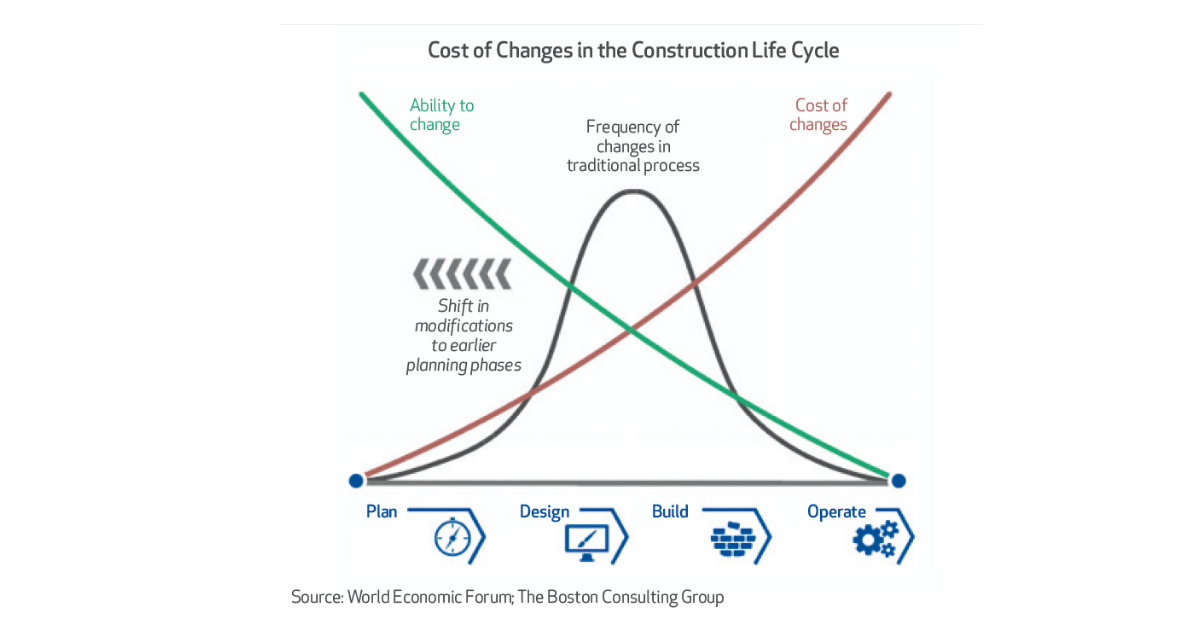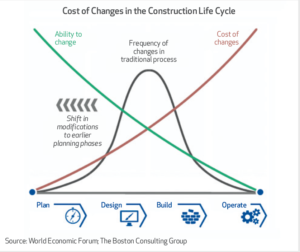Happy New Year. Unless something drastic happened in the couple of weeks between writing this and the magazine being published we now live in a post Brexit Britain and, I suspect, it doesn’t feel much different.
If we learned one thing in 2020 it is the amazing capacity of this industry to flex. Brexit will bring uncertainty, there will likely be border issues challenging supply. Undoubtedly, there will be some confusion and bedding in around product marking and interpreting the new rules, the rigid immigration system remains a concern and there will be issues we haven’t even thought about yet, but we should look forward with optimism – the road ahead has bumps but, construction has a key role to play in rebuilding Britain.
The Construction Playbook recognises this, setting down some new rules for Government procurement, but with aspirations to better explore the potential for all construction. The premise is better procurement mandated through central Government and a recommended framework for devolved administrations, local and mayoral authorities and the private sector. The Playbook seeks to turn 25 years of chatter into a concerted programme of change.
The concept is not new, it builds on the much-lauded Outsourcing Playbook and sets down 14 areas of focus to improve the relationship between Government (the client) and our industry. Amongst these are some axes that FIS has been grinding for quite some time – the key areas that really jump out at me are:
• early supply chain involvement;
• fair pricing and payment mechanisms;
• effective contracts; and
• portfolios and longer term contracting (including a focus on alliances, more collaborative multi tender bids).
Procurement is not working and is driving the negative behaviours we see in the industry. The Playbook sets out to prevent the system rewarding lowest cost bids by default, instead, focusing on extracting the broader definition of value. There is recognition that a fair profit margin is essential to give industry the headroom to invest in the digital and offsite revolution that Government wants to encourage.
Early engagement
Within FIS, whenever we talk about reform, ‘early engagement’ inevitably gets a mention. I often refer to a graph included in a World Economic Forum review of construction carried out by the Boston Consulting Group that clearly demonstrates why engaging the supply chain earlier is key. But early engagement can’t just be starting to make the same mistakes earlier in the cycle, it has to be meaningful engagement built on respect and partnership. It has to be based on all parties setting out to be better.
This Playbook doesn’t just tell Government and those upstream how to treat us, it also starts to set down how we need to change. One area, to draw out, is how we invest in people. This is critical if we are to address issues thrown up by tightening immigration rules and becomes easier if contracts reward those companies that demonstrate they are investing (rather than just feeding off of others who have).
So, if I was to suggest a New Year’s resolution it would be to start looking at whether you can take on an apprentice (or more apprentices) and improve the training culture within your companies.
Sustainability
Another resolution may be around sustainability, this is definitely an area that FIS will be stepping up in 2021. A recent report by Perkins & Will (www.perkinswill.com/net-zero-nowinteriors) notes that the built environment is responsible for 40% of the UK’s total carbon footprint and that fit-out is responsible for 40% of energy in a building – that equates to 300 tonnes of landfill waste every day. For this to improve, again we all need to improve.
Unless we change, it is unlikely that we will be part of the evolution that the Playbook promises. Will it revolutionise the sector overnight? no, but I am optimistic that it will start to end the ‘best and final offer’ culture that limits the development of the business around the ‘contractor’ and that in the darkest of times in 2020 we found new ways to collaborate and that light provides a beacon to those genuinely seeking to improve.
Iain McIlwee, FIS Chief Executive



